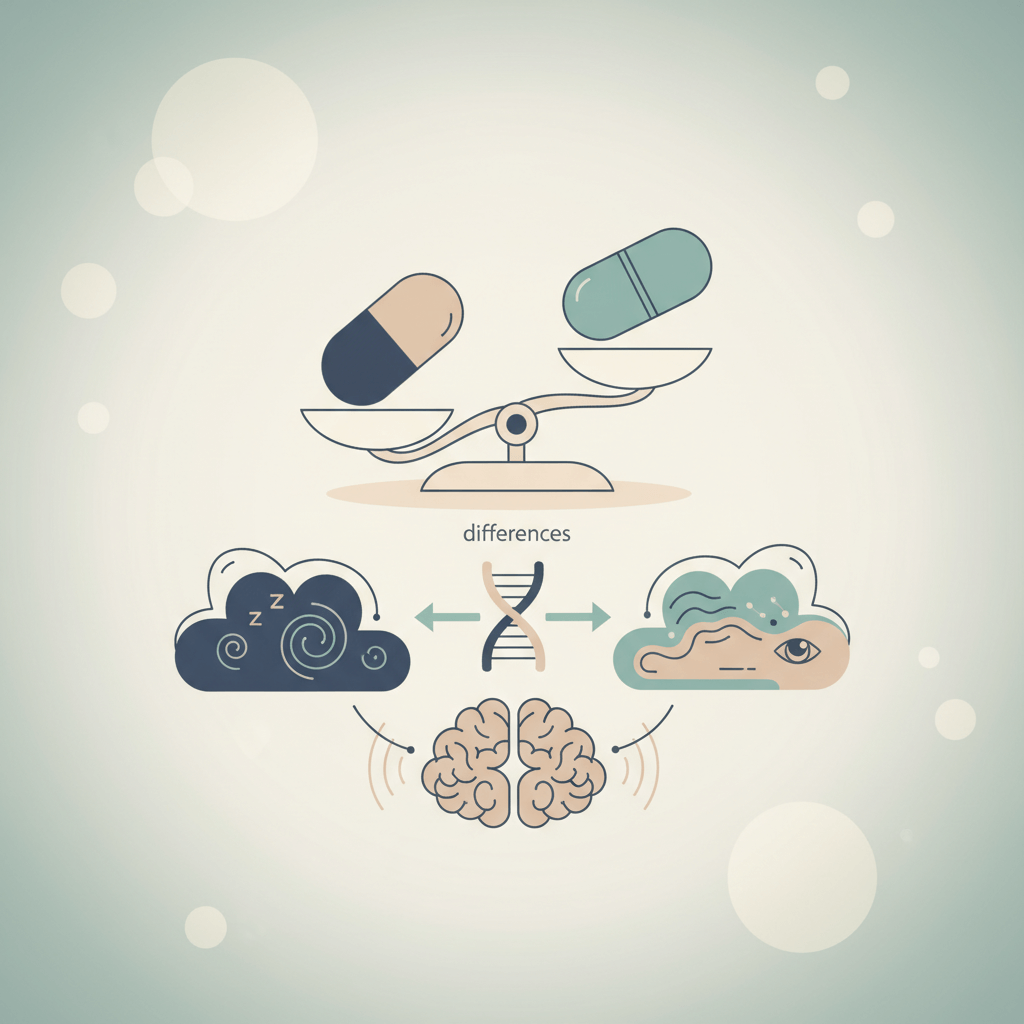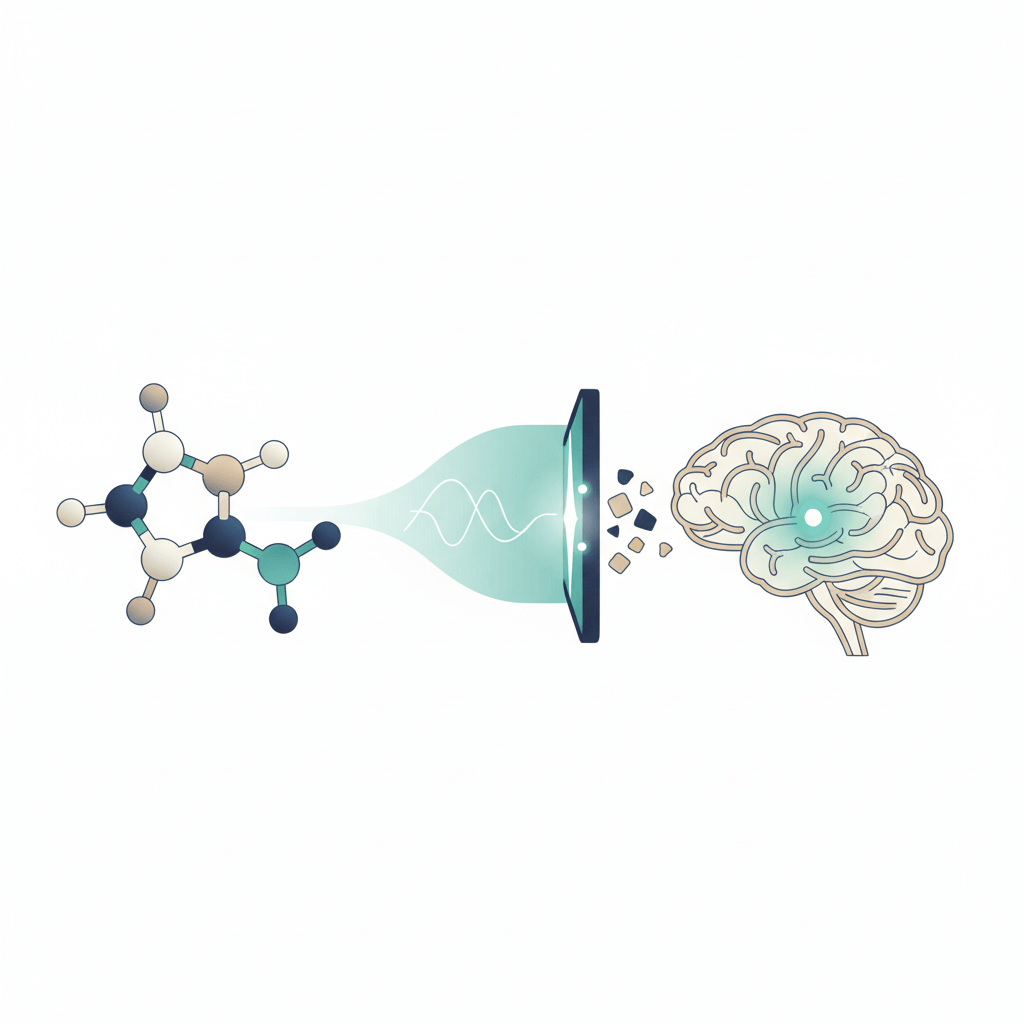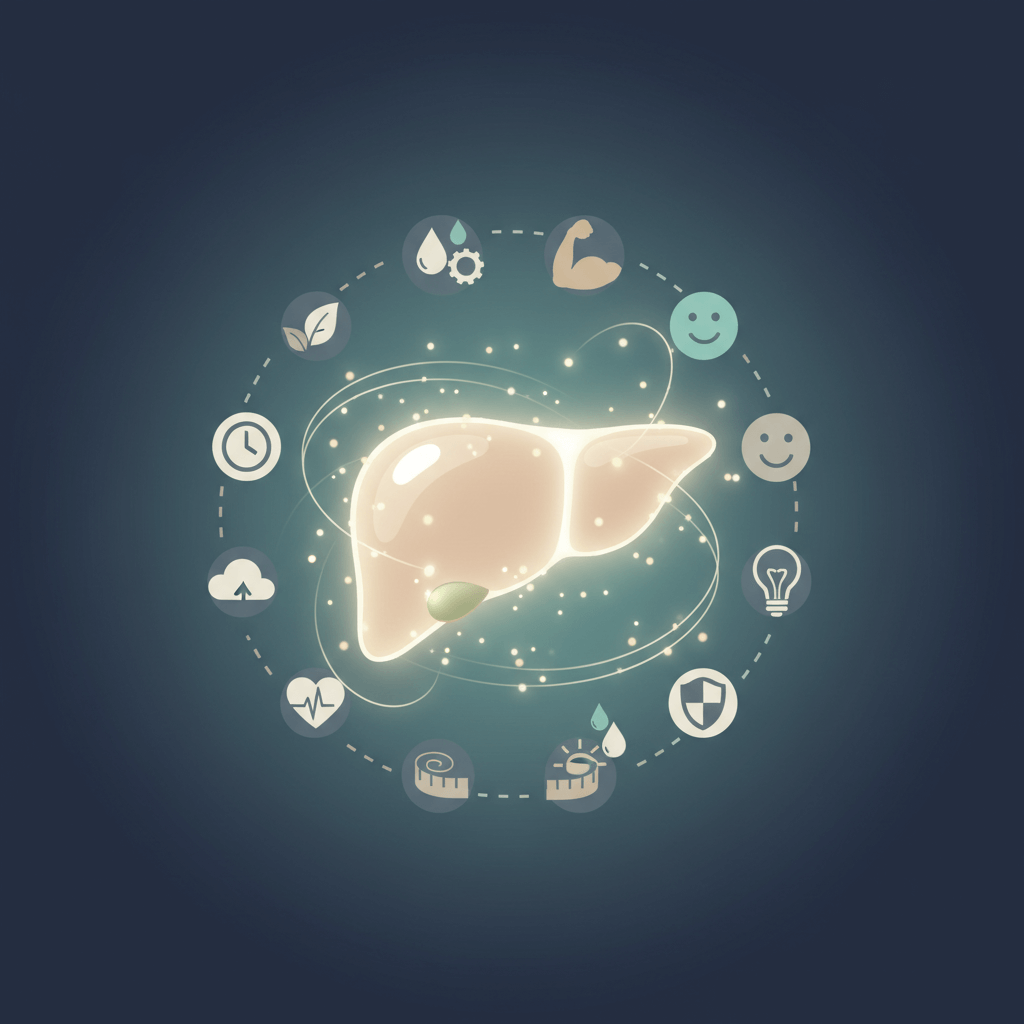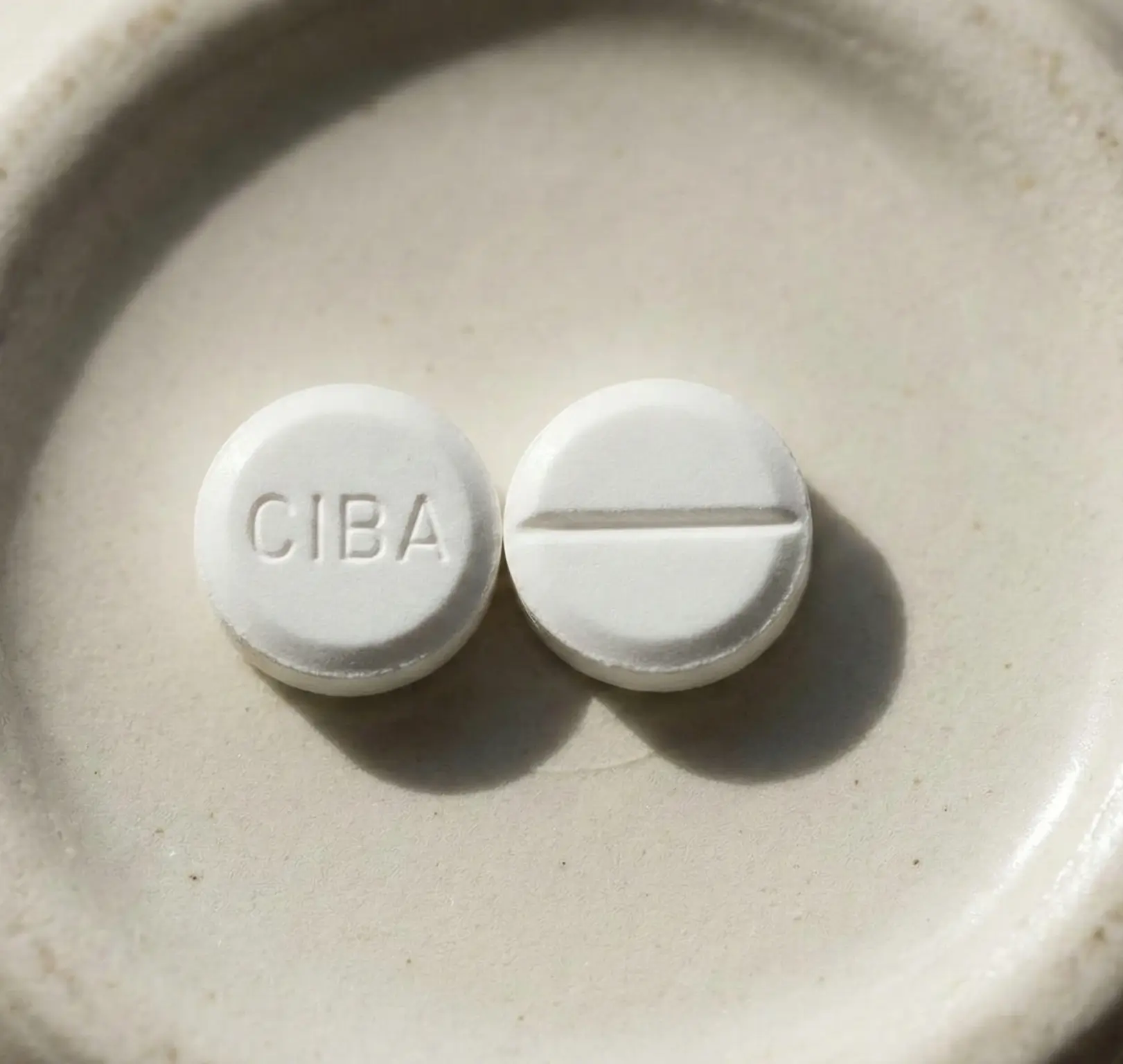Understanding Detoxification
Detoxification is a natural process that occurs within the body to eliminate toxins and waste products. The body has various mechanisms in place to carry out this essential function. Let's explore the natural body detoxification processes and the role of the liver in detoxification.

Natural Body Detoxification Processes
The human body has several organs and systems that play a crucial role in metabolizing and eliminating toxins. These include the liver, kidneys, lungs, lymphatic system, colon, and skin. These organs and systems work together to neutralize harmful substances and facilitate their elimination.
For instance, the liver, the largest organ in the body, is responsible for detoxification. It processes toxins and converts them into waste products that are eliminated through urine and feces. The liver also produces bile, which aids in the digestion and absorption of fats.
The kidneys also play a vital role in detoxification by filtering waste products from the blood and excreting them in the form of urine. The lungs eliminate toxins through exhalation, and the lymphatic system helps remove waste and toxins from the body's tissues.
The colon, or large intestine, eliminates solid waste through bowel movements, while the skin eliminates toxins through sweat. These natural detoxification processes are constantly at work to maintain the body's overall health and well-being.
Role of Liver in Detoxification
The liver is a key player in the body's detoxification process. It performs various functions that aid in the elimination of toxins. The liver metabolizes drugs, alcohol, and environmental toxins, transforming them into less harmful substances that can be excreted from the body.
Through a series of chemical reactions, the liver converts toxins into water-soluble compounds that can be eliminated through urine or bile. These compounds are then transported to the kidneys or intestines for excretion [2].
Additionally, the liver also plays a role in the metabolism of nutrients, the synthesis of proteins, and the storage of vitamins and minerals. It acts as a filter, removing harmful substances from the bloodstream and ensuring that the body's internal environment remains balanced.
It's important to note that the liver and other organs responsible for detoxification are highly efficient and capable of carrying out their functions without the need for external interventions such as detox diets or supplements [1]. Focusing on maintaining a healthy lifestyle, including regular exercise, a balanced diet rich in fruits, vegetables, and whole grains, and limiting or avoiding alcohol consumption, can support the body's natural detoxification processes.
Understanding the natural detoxification processes and the role of the liver can help individuals make informed choices about supporting their overall health and well-being. Rather than relying on extreme detox diets or supplements, focusing on healthy habits and lifestyle choices can be more beneficial and sustainable.
Debunking Detox Myths
When it comes to detoxification methods, there are several myths and misconceptions that can cloud our understanding of what truly works. In this section, we will debunk two common detox myths: the effectiveness of detox foot pads and the efficacy of detox diets.
Detox Foot Pads Effectiveness
Detox foot pads are over-the-counter products that claim to help flush toxins from the body by sticking them to the soles of your feet at bedtime. However, there is no reliable evidence to support the claims made by manufacturers regarding the effectiveness of these products. The Federal Trade Commission (FTC) has even charged some distributors of detox foot pads with deceptive advertising. Companies have been penalized for making false health claims and misleading consumers, with one manufacturer being forced to pay millions of dollars in a settlement.
The lack of scientific evidence supporting the effectiveness of detox foot pads raises questions about their safety and reliability. The Food and Drug Administration (FDA) has not approved these products, and they have not undergone testing or clinical trials to validate their claims. It is important to note that even if individuals feel better after using such products, it does not necessarily mean that harmful toxins have been successfully removed from the body. It is advisable to approach detox foot pads with skepticism and rely on more evidence-based methods for detoxification.
Detox Diets Efficacy
Detox diets have gained popularity in recent years, with claims that they can rid the body of toxins and promote weight loss. However, the efficacy of detox diets is also a subject of debate. Detox diets typically involve severe caloric restriction, elimination of certain food groups, or the use of specific supplements or juices.
Despite the popularity of detox diets, there is a lack of scientific evidence to support their effectiveness in eliminating toxins from the body. The body has its own natural detoxification processes primarily carried out by the liver [5].
Detox diets that involve extreme caloric restriction or the elimination of essential nutrients can be detrimental to overall health and may lead to nutrient deficiencies. Rapid weight loss associated with detox diets is often temporary and can be attributed to water loss or muscle mass rather than fat loss. Furthermore, the restrictive nature of detox diets may contribute to an unhealthy relationship with food and potentially trigger disordered eating patterns.
It is important to note that if you have concerns about your health or suspect you have been exposed to toxins, it is best to consult with a healthcare professional. They can provide appropriate guidance and recommend evidence-based strategies for detoxification that are tailored to your specific needs.
By debunking these detox myths, we can approach detoxification methods with a more informed perspective. It is crucial to prioritize evidence-based practices and consult healthcare professionals for trusted advice on detoxification.
Detoxification Methods
When it comes to detoxifying the body, there are several methods that can support the natural elimination of toxins. In this section, we will explore three important detoxification methods: water intake for detoxification, the importance of quality sleep, and the benefits of an antioxidant-rich diet.
Water Intake for Detoxification
Water plays a crucial role in detoxifying the body by removing waste products through urination, breathing, or sweating. It helps to flush out toxins and maintain the overall health of our organs and bodily systems. The adequate daily water intake recommended for detoxification is approximately 125 ounces (3.7 liters) for men and 91 ounces (2.7 liters) for women. Staying hydrated is essential to support the optimal functioning of our kidneys, which play a vital role in filtering and eliminating waste products from the body.
Importance of Quality Sleep
Ensuring adequate quality sleep each night is essential to support the body's health and natural detoxification system. During sleep, the body goes through various restorative processes, including the elimination of toxins that accumulate throughout the day. Regularly sleeping 7 to 9 hours per night can help promote good health and allow the body to effectively eliminate toxins. Lack of quality sleep can disrupt the body's detoxification processes and lead to various health issues. It is important to prioritize quality sleep as part of a comprehensive detoxification plan.
Antioxidant-Rich Diet
Eating a diet rich in antioxidants can greatly support the body's detoxification process. Antioxidants help counter oxidative stress caused by excess free radicals and other toxins, reducing the risk of diseases that can impact detoxification. Antioxidants can be obtained from a variety of foods including berries, fruits, nuts, cocoa, vegetables, spices, coffee, and green tea. Incorporating these antioxidant-rich foods into your diet can help protect your cells from damage and promote overall health.
An antioxidant-rich diet can also help offset the damage caused by free radicals, which are unstable molecules that can contribute to chronic diseases. By consuming a variety of colorful fruits and vegetables, you can provide your body with the necessary antioxidants to neutralize these free radicals and support the detoxification process.
By incorporating these detoxification methods into your lifestyle, you can support your body's natural ability to eliminate toxins and promote overall well-being. Remember to stay hydrated, prioritize quality sleep, and consume a diet rich in antioxidants to enhance your body's natural detoxification processes.
Healthy Detox Practices
When it comes to detoxification, incorporating healthy practices into your lifestyle can greatly support your body's natural cleansing processes. Here are three key practices to consider: limiting alcohol consumption, regular physical activity, and herbal support for detox.
Limiting Alcohol Consumption
Limiting or abstaining entirely from alcohol is one of the best ways to keep your body's detoxification system running strong. Excessive alcohol consumption can impact the organs responsible for detoxification, particularly the liver. By limiting alcohol intake, you allow your liver to focus on its natural cleansing functions, helping to eliminate toxins from your body. Health authorities recommend limiting alcohol intake to one drink per day for women and two drinks per day for men.
Regular Physical Activity
Engaging in regular physical activity is not only beneficial for overall health but also supports the detoxification process. Physical activity promotes sweating, which can help eliminate toxins from the body. Dynamic exercises, such as running or cardiovascular workouts, can aid in the elimination of heavy metals like nickel, lead, copper, arsenic, and mercury through sweating. It's important to note that sweating from dynamic exercises may be more effective in detoxification compared to sweating in a sauna.
Herbal Support for Detox
Certain herbs have been traditionally used to support the body's inherent detoxification systems, including the liver, kidneys, digestive tract, and lymphatic system. Incorporating herbs like dandelion, burdock, nettle, schisandra, and red clover can provide herbal support for detox. These herbs are known to have properties that promote the natural function of the body's detoxification systems. However, it is important to consult with a healthcare professional or a qualified herbalist before incorporating herbal remedies into your detoxification routine.
Incorporating these healthy detox practices into your lifestyle can support your body's natural cleansing processes. However, it's important to remember that detoxification is a complex process and individual results may vary. If you have specific concerns or medical conditions, it is always best to consult with a healthcare professional for personalized advice. For more information on detoxification methods, continue reading our article on detoxification methods.
Risks of Detox Methods
While detox methods are often promoted as a way to cleanse the body and improve health, it's important to be aware of the potential risks involved. In this section, we will explore two specific risks associated with detox methods: side effects of detox diets and the lack of regulation in supplements.
Side Effects of Detox Diets
Detox diets have gained popularity in recent years, promising to eliminate toxins from the body and promote overall well-being. However, these diets are typically rigid, involving repetitive consumption of a limited variety of foods. Some plans may also recommend additional methods like herbs, pills, powders, enemas, and colon cleansing products.
It's important to note that most people who follow detox diets experience side effects due to the low-calorie and nutrient-poor nature of these diets. Common side effects include low energy, low blood sugar, muscle aches, fatigue, dizziness, lightheadedness, and nausea. The severity and duration of these side effects can vary depending on the specific plan and how long it is followed.
Furthermore, detox diets are not recommended for individuals with certain medical conditions, as they could be harmful. These diets do not show improvements in blood pressure, cholesterol levels, or heart health. For people with diabetes, detox diets that severely restrict food intake could lead to dangerously low blood sugar levels. It's always advisable to consult with a healthcare professional before embarking on any detox diet to ensure it is safe and appropriate for your individual circumstances.
Lack of Regulation in Supplements
Detox products, including supplements, smoothies, diets, and exercises, are often marketed as aids in removing toxins from the body, promising improved health and increased energy. However, it's important to be cautious about the lack of regulation surrounding these products.
Many detox supplements and herbal concoctions, including those sold at well-known health food stores, are not regulated. This lack of regulation poses risks as there is no way to verify the ingredients, their quantities, or how an individual's body will react to them. Unregulated detox products can lead to severe health issues, including liver damage.
It's crucial to be mindful of these risks and exercise caution when considering detox supplements. If you are interested in using supplements as part of a detox regimen, it is recommended to consult with a healthcare professional who can provide guidance based on your individual needs and medical history. Additionally, it's important to prioritize a healthy, well-balanced diet and lifestyle that supports the body's natural detoxification processes.
In conclusion, while detox methods may seem appealing, it's important to be aware of the potential risks involved. Detox diets can lead to side effects and may not provide the health benefits they claim. Furthermore, the lack of regulation in detox supplements poses risks to consumers. It's always advisable to consult with healthcare professionals and rely on evidence-based practices when considering any detox method.
Expert Advice on Detox
When it comes to detoxification methods, it's crucial to seek advice from experts in the field. Registered dietitians and medical professionals can provide valuable insights and recommendations to help individuals make informed decisions regarding their detox journey.
Registered Dietitians' Recommendations
Registered dietitians play a vital role in guiding individuals towards healthy and sustainable dietary choices. When it comes to detox, these professionals emphasize that the body has its own natural detoxification processes and does not require external assistance to eliminate toxins. Instead, they recommend focusing on overall health and supporting the body's natural detox systems through a balanced and nutritious diet.
According to registered dietitians, the key to a healthy detox is to incorporate more whole foods into the diet. This includes fruits, vegetables, whole grains, lean proteins, and healthy fats. These foods provide essential nutrients, antioxidants, and fiber, which are beneficial for overall health and support the body's natural detoxification processes [1].
By adopting a whole foods-based diet, individuals can nourish their bodies with the necessary nutrients while avoiding the potential risks associated with detox diets. Instead of short-term and restrictive plans, registered dietitians advocate for long-term dietary changes that promote overall well-being.
Dr. Michael Smith's Insights
Dr. Michael Smith, a renowned medical professional, shares valuable insights on detoxification methods. He emphasizes that detox diets are not effective for long-term weight loss and that any weight loss achieved through these diets is likely to be regained. Dr. Smith explains that the body naturally eliminates toxins through various organs, such as the liver, kidneys, and skin, and that detox diets are not necessary for this process.
Instead of focusing solely on detoxification, Dr. Smith suggests adopting a clean eating approach. This involves consuming a variety of whole foods, such as fruits, vegetables, lean proteins, and whole grains, while minimizing the intake of processed and unhealthy foods. By following this approach, individuals can support their overall health and well-being without resorting to short-term detox diets.
It's important to note that the advice and recommendations provided by registered dietitians and medical professionals should be considered in the context of an individual's specific needs and health conditions. Consulting with these experts can help individuals make informed decisions and develop personalized approaches to detoxification that prioritize their overall health and well-being.
Throughout the detoxification journey, it's essential to remain mindful of the body's natural detoxification processes and focus on long-term lifestyle changes that support overall health. By incorporating the recommendations of registered dietitians and medical professionals, individuals can take a holistic approach to detoxification and promote their well-being in a sustainable manner.
References
[1]: https://www.realsimple.com
[3]: https://www.uchicagomedicine.or
[4]: https://www.mayoclinic.org













